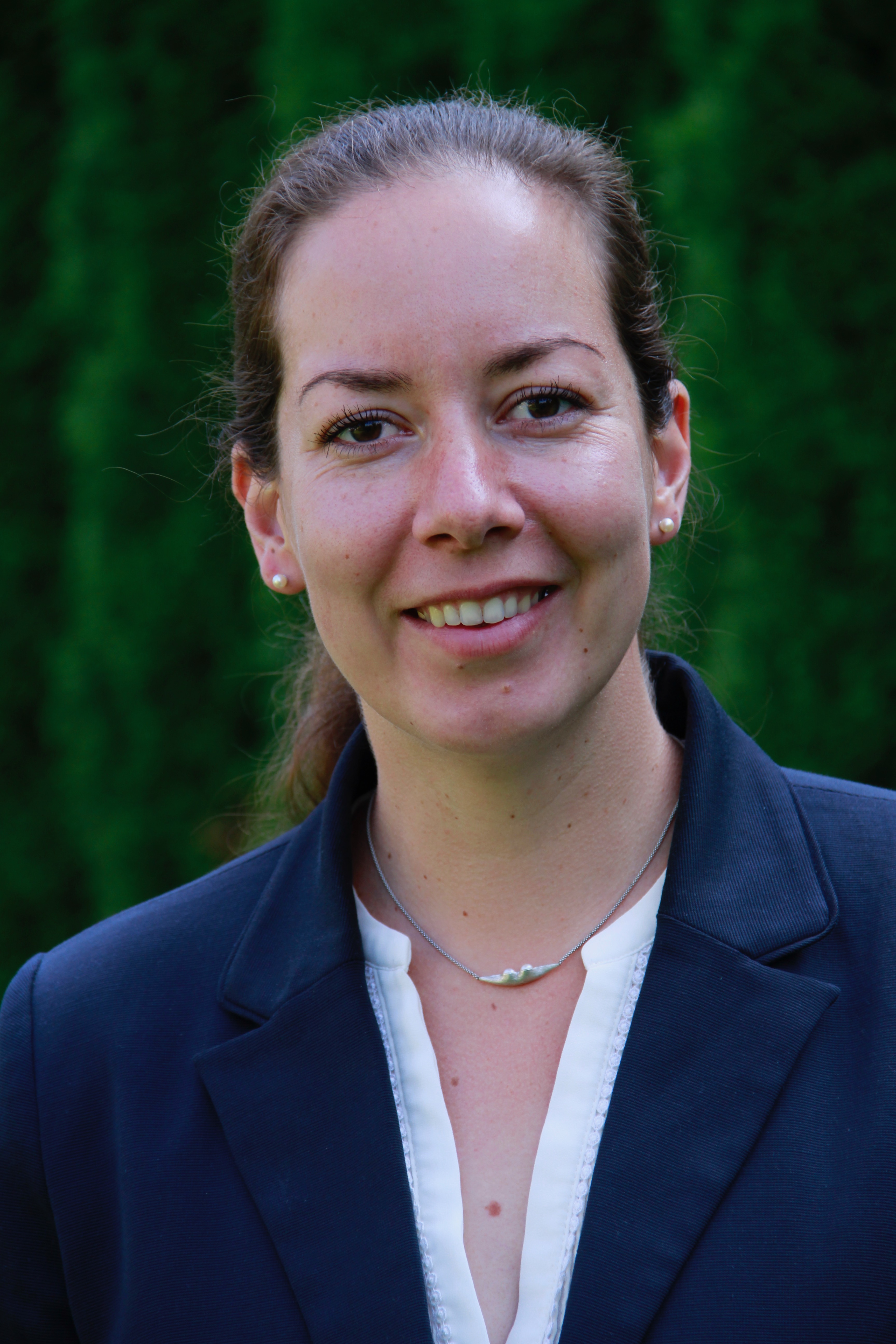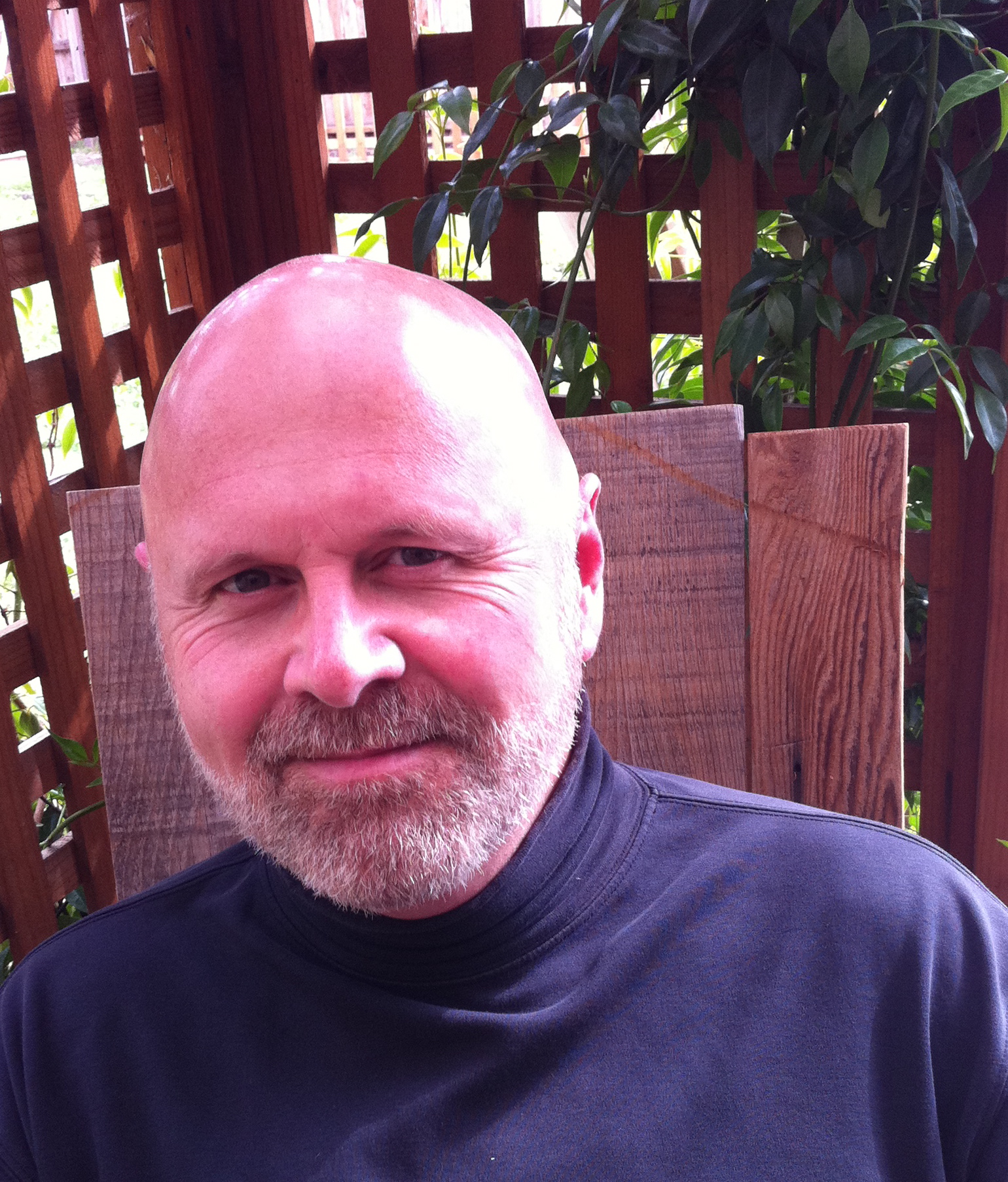Rethinking the Future of Academic Travel: Opportunities for Social Justice and the Climate
Monday, Feb. 22, 2021
Noon-1:30pm Eastern Time (US)
Zoom Webinar
You can watch a recording of the complete event by clicking the button above.
Read a report about the event in Brandeis University’s Independent Student Newspaper The Justice.
About the Event
 During Covid-19, academic travel came to a halt and many conferences and meetings were moved online out of necessity. Which lessons did we learn and what should the future of academic travel look like? Many are eager to return to in-person conferences with opportunities to meet and mingle with colleagues from other institutions, but returning to the "travel culture" prevalent in the scientific community before COVID-19 would mean giving up major improvements in the areas of social justice and climate action.
During Covid-19, academic travel came to a halt and many conferences and meetings were moved online out of necessity. Which lessons did we learn and what should the future of academic travel look like? Many are eager to return to in-person conferences with opportunities to meet and mingle with colleagues from other institutions, but returning to the "travel culture" prevalent in the scientific community before COVID-19 would mean giving up major improvements in the areas of social justice and climate action.
One of the largest carbon footprints of universities is not typically accounted for in the university’s climate action plans: faculty and staff travel to professional meetings/conferences. According to a recent study, holding academic conferences online produces only 1% of the carbon footprint of an in-person conference with the same number of participants.
At the same time, virtual conferences are much more inclusive. Studies show that participant numbers are considerably higher and include researchers who were unable to travel to in-person meetings due to financial, geographical and social constraints. The sheer number of researches who are able to participate in the scientific dialogue when it is held virtually should be a strong motivator to rethink personal reservations toward the idea of online conferences.
"The 'travel culture' prevalent in the scientific community, at least before COVID-19, with frequent and long-distance trips, not only leads to high greenhouse gas emissions but also to less diversity among researchers. Researchers for whom traveling presents greater hurdles, for example for family, health or physical reasons, are excluded. The Global South (regions outside Europe, North America, Australia and East Asia) is systematically disadvantaged, both since the financial resources available for travel by researchers are typically much more limited and since visas are required much more frequently. Visa applications sometimes require long-term planning, involve additional expenses, and have no guarantee of success." — Proposal for promoting sustainability in academia through the reduction of travel
About the Speakers
 Astrid Eichhorn is an associate professor in Theoretical Physics at CP3-Origins, University of Southern Denmark. She completed her PhD in theoretical physics at the University of Jena, Germany in 2011 and subsequently held postdoc positions in Canada und the UK, before becoming a junior research group leader in Germany and then an associate professor in Denmark in 2019. Astrid Eichhorn has been a member of the German Young Academy (Die Junge Akademie) since 2018 and the speaker of the working group on sustainability since 2019.
Astrid Eichhorn is an associate professor in Theoretical Physics at CP3-Origins, University of Southern Denmark. She completed her PhD in theoretical physics at the University of Jena, Germany in 2011 and subsequently held postdoc positions in Canada und the UK, before becoming a junior research group leader in Germany and then an associate professor in Denmark in 2019. Astrid Eichhorn has been a member of the German Young Academy (Die Junge Akademie) since 2018 and the speaker of the working group on sustainability since 2019.
 Ken Hiltner is a professor in the English and Environmental Studies Departments at UC Santa Barbara (UCSB). In addition to the UCSB, Ken has taught at Harvard, where he received his PhD, and at Princeton, where he served for a year as the Currie C. and Thomas A. Barron Visiting Professor in the Environment and Humanities at Princeton University’s Environmental Institute (PEI). The author of six books and a range of articles, Hiltner is currently Director of UCSB’s Environmental Humanities Initiative.
Ken Hiltner is a professor in the English and Environmental Studies Departments at UC Santa Barbara (UCSB). In addition to the UCSB, Ken has taught at Harvard, where he received his PhD, and at Princeton, where he served for a year as the Currie C. and Thomas A. Barron Visiting Professor in the Environment and Humanities at Princeton University’s Environmental Institute (PEI). The author of six books and a range of articles, Hiltner is currently Director of UCSB’s Environmental Humanities Initiative.